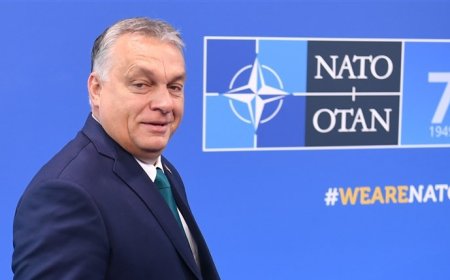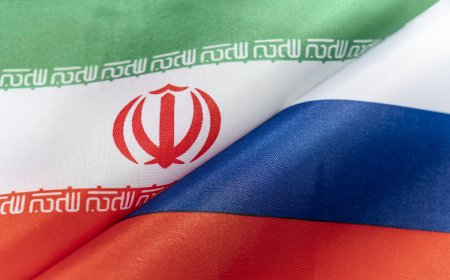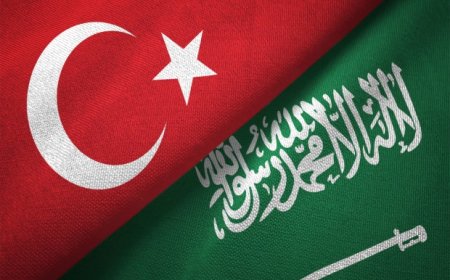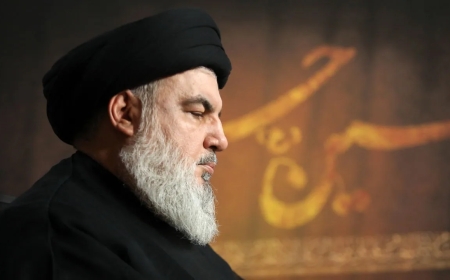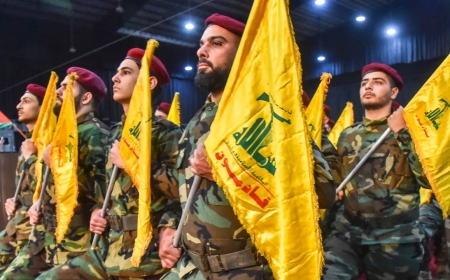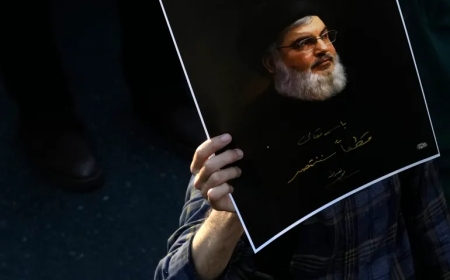Israeli Defense Minister Calls for Immediate Extension of Military Service
Israeli Defense Minister Yoav Gallant has officially requested an immediate extension of the military service period, addressing his concerns in a formal letter to Prime Minister Benjamin Netanyahu
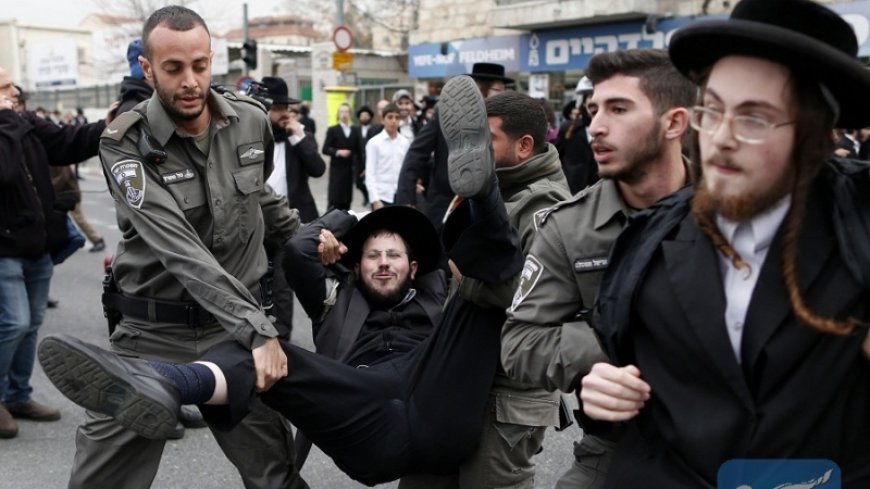
Israeli Defense Minister Yoav Gallant has officially requested an immediate extension of the military service period, addressing his concerns in a formal letter to Prime Minister Benjamin Netanyahu. This move aims to bolster the Israeli Defense Forces (IDF) amid rising security needs.According to Israeli Channel 12, Gallant's letter to Netanyahu outlines a proposal to extend the mandatory military service to three years. The Defense Minister emphasized the urgency of this measure, urging the Prime Minister to expedite the legislative process required to implement the extension.
In support of Gallant's proposal, IDF Chief of Staff Herzi Halevi has informed the Israeli cabinet that the army requires the formation of 15 new battalions to meet current security demands. This recommendation underscores the perceived need for increased manpower within the military.
Benny Gantz, a retired member of the Israeli War Cabinet Council, also voiced his support for the initiative. Gantz highlighted the importance of recruiting soldiers from diverse backgrounds to ensure Israel's security. "Israel's security requires the recruitment of more soldiers from all walks of life," he stated.
The proposal comes amidst significant internal opposition, particularly from the Haredi Jewish community. On Thursday, Orthodox Haredi Jews staged a protest in Jerusalem against mandatory military service, chanting slogans such as "We prefer to die but not to serve." This protest highlights the deep-seated divisions within Israeli society regarding military conscription.
The issue of Haredi recruitment remains one of the most contentious in Israeli politics. While secular and leftist factions advocate for universal conscription, including for the Haredi community, right-wing parties often support exemptions for religious studies. The Haredi community traditionally avoids military service, dedicating their lives to religious studies in yeshivas.
The debate over extending military service and including Haredi Jews in conscription reflects broader societal tensions. The Israeli government has long grappled with balancing security needs against the demands of various societal groups.
This call for extending military service also coincides with heightened security concerns in the region. With increasing threats along its borders and ongoing regional instability, the Israeli government is under pressure to ensure its military readiness and operational capacity.
The proposed extension of military service is now set to be a focal point of legislative debate, as the government seeks to navigate the complex landscape of national security and societal expectations. The outcome of this proposal will have significant implications for the future structure and composition of the IDF and Israeli society at large.

